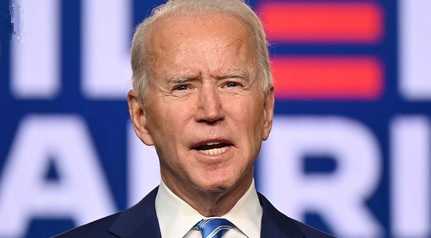
WASHINGTON, Aug 11 (Reuters) - U.S. President Joe Biden is tapping C. Kirabo Jackson, a labor economist whose research advocates robust public spending on schools, to fill out his three-member Council of Economic Advisers (CEA), according to a White House official.
The selection suggests public education will be a key area of focus for Biden's brain-trust ahead of a 2024 re-election bid expected to turn on the strength of the economy. The position does not require Senate confirmation.
Jackson, who will take a leave from Northwestern University, where he professor focused on economics, education and public policy, is best known for research on what draws good teachers to certain schools as well as other data showing that raising school spending increased students' future wages.
The U.S. unemployment rate is at 3.5% and the economy grew at a 2.4% rate last quarter, while consumer prices are rising at a 3.2% annual clip.
While the Biden administration sees those numbers as a positive sign of a move to steadier momentum with slower growth and inflation, voters are largely dissatisfied with Biden's handling of the economy, creating a challenge for his economic policymakers.
Biden has argued that more U.S. government investment in early childhood education programs like pre-school for three- and four-year-olds would lift wages and decrease poverty, views that agree with some of Jackson's own research.
But the president's efforts to dramatically increase such funding have consistently failed to win sufficient support in Congress.
Jackson's pick also comes as the Biden administration is thinking through how to boost lagging educational performance since the COVID-19 pandemic.
Lengthy public school closures, staffing shortages and other issues during that pandemic are believed to have contributed to the sharp declines registered in U.S. children's reading and mathematics test scores since 2020.
Cecilia Rouse, the Princeton University economist who used to be Biden's CEA chair, said Jackson's work would be critical given the country's biggest long-term economic challenges, including an aging workforce, declining fertility rates, a lack of childcare and learning loss.
"Coming out of this pandemic, one of the big consequences that we will be addressing for some time is the learning loss," she said. The choice of Jackson "may signal that the administration is looking for creative ways to address what can be a huge loss in human capital for this country for quite some time."




